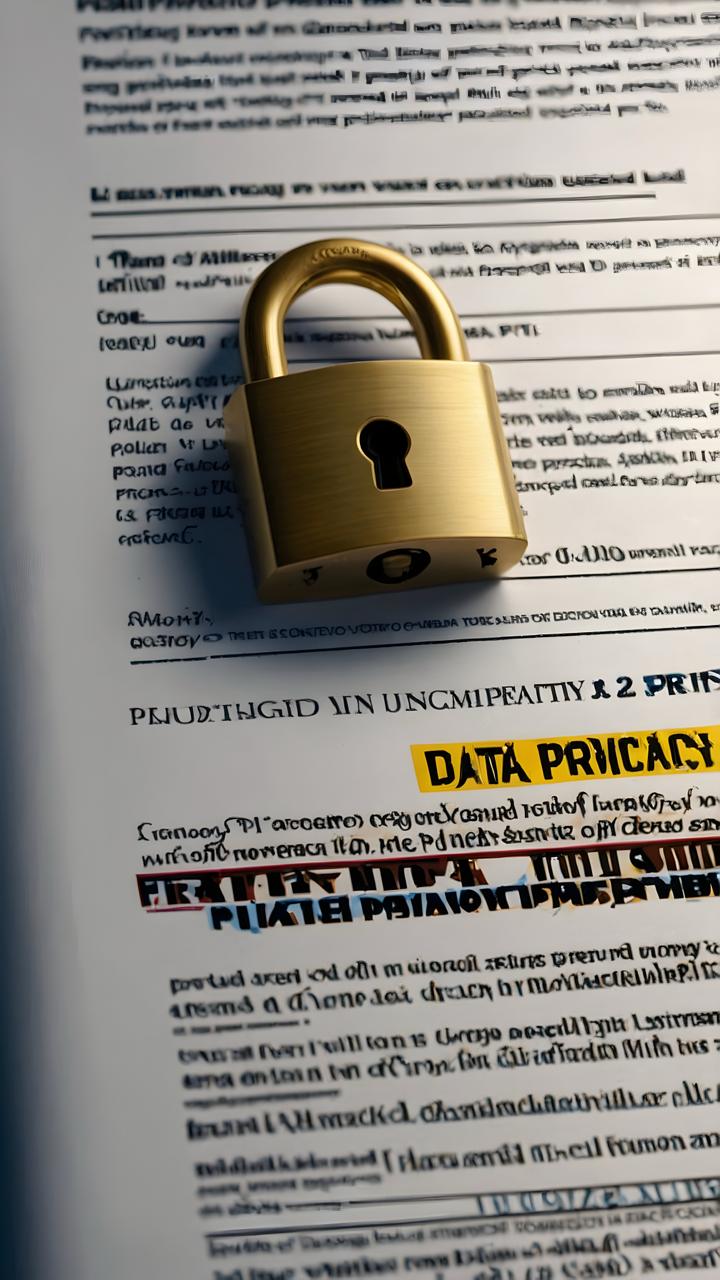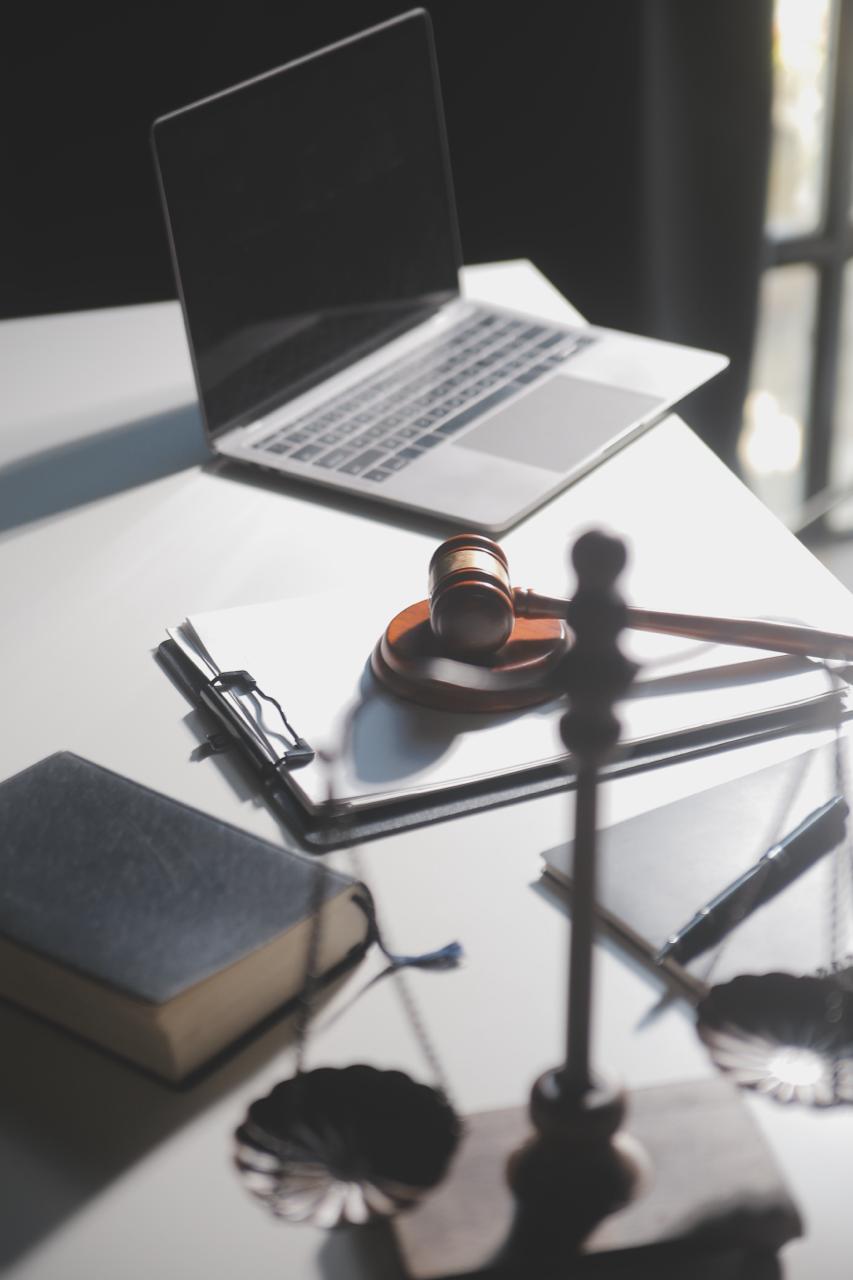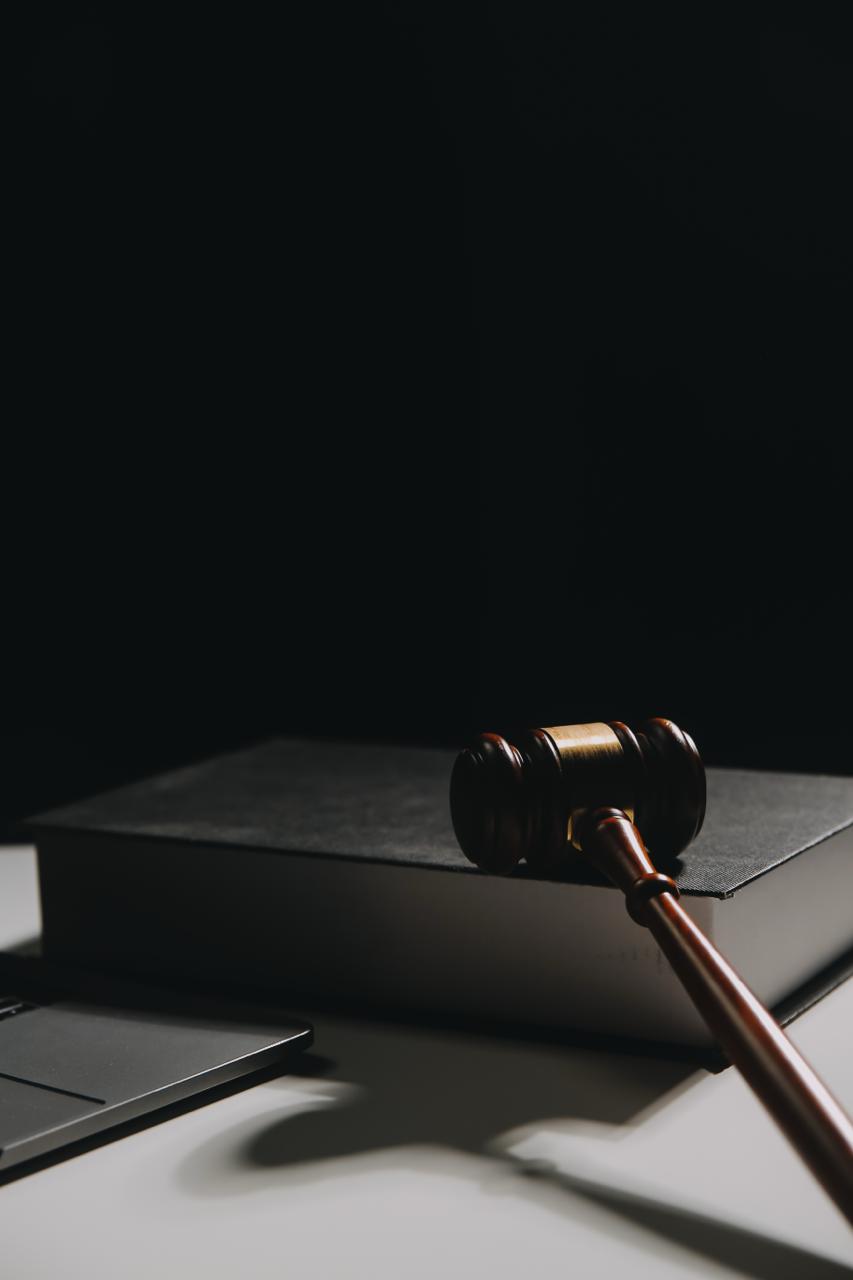To comply with data protection laws, every organization — including those in finance — must establish clear internal rules for handling personal data. This means preparing essential documents that govern processing activities and, where required, publishing them on the company website or app.
A risk-based approach lets each organization decide which safeguards are needed. Still, the National Personal Data Protection Center requires certain mandatory records, like lists of authorized employees with access to data and registers of IT systems holding personal information.
Two main documents anchor these processes. The Internal Regulation on Personal Data Processing sets rules inside the company, while the Privacy Policy, published online or in the app, informs clients and users. This policy spells out who collects and uses data, what data is processed, for what purposes, and what rights individuals have — along with how they can exercise them.
When data is processed based on consent, the organization must provide clear, separate details about this before processing begins. Simply pointing to a privacy policy isn’t enough; individuals need explicit, standalone information to make informed choices.
Storing Personal Data and Maintaining Records
A core rule of personal data processing is limiting how long data is kept. Personal data should only be stored as long as needed for the purpose it was collected. In Belarus, retention periods are often set by law—like the Ministry of Justice regulation that outlines timelines for financial documents. If the law doesn’t set a period, companies must define one themselves.





















